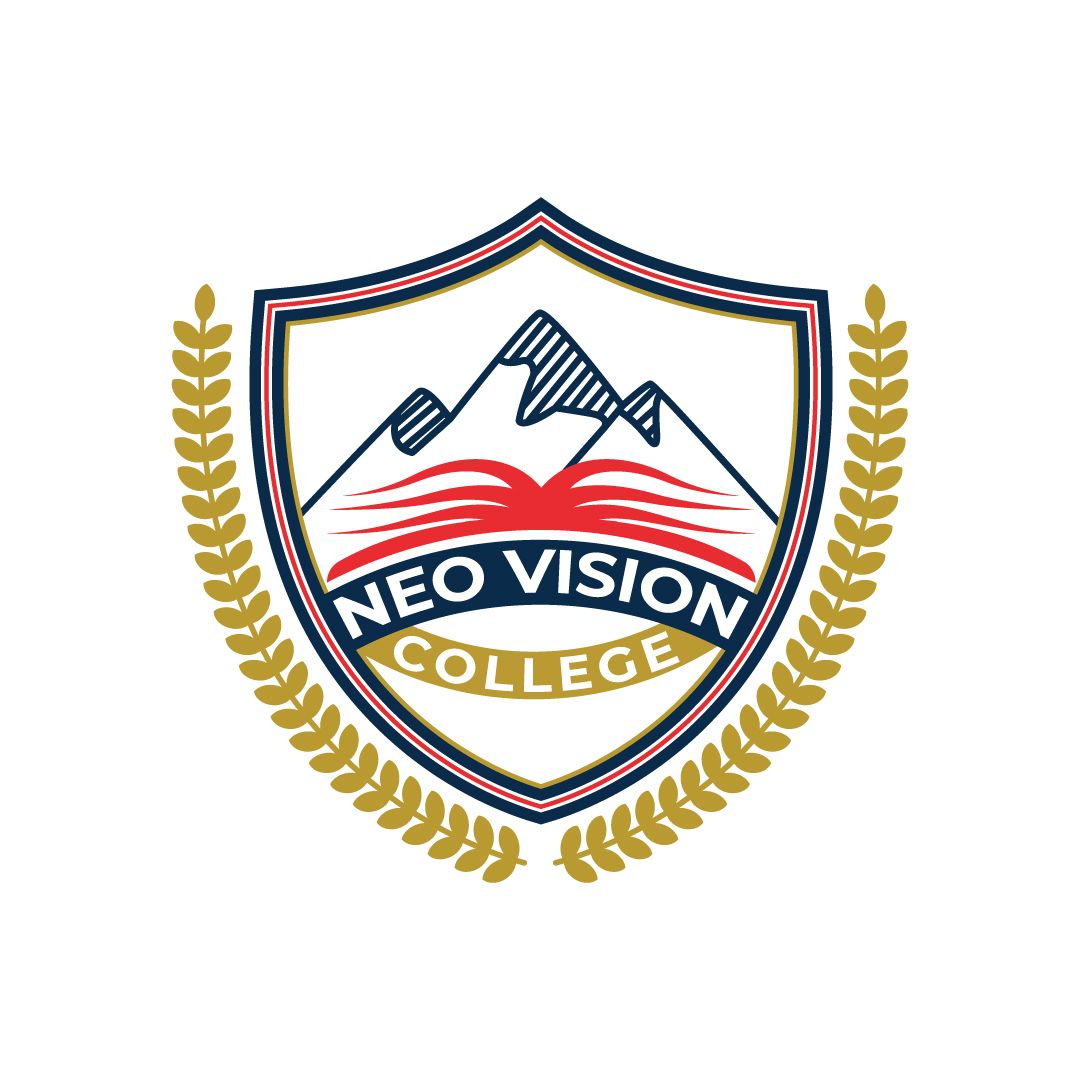Throughout the course of my educational journey, I’ve frequently encountered novice teachers conflating inquiry-based learning with hands-on learning. The majority of them categorize all hands-on pedagogical activities as inquiry-based learning. This stems from a misunderstanding of the differences and commonalities between the two instructional strategies. Hence, there is a need for a rigorous identification of each one.

Teachers must realize that inquiry-based learning is a pedagogical approach that has its roots in scientific methods. It urges kids to transform a problem into an investigable question and then navigate this question through formulating a hypothesis, gathering information, conducting experiments, collecting data, analyzing and evaluating the attained results, and drawing conclusions. This process may be repeated at any point in the investigation process until kids reach a reasonable solution. Afterwards, they communicate their findings to the targeted audience. At each stage of inquiry-based learning, kids innate curiosity will push them continuously to ask questions and investigate to construct meaning and satisfy their thirst for knowledge. The investigable problem may arise from a daily life observation, a provocative statement, an area of interest, teacher-generated prompts, etc., and hence the type of inquiry may differ according to the level of complexity.
On the other hand, hands-on learning includes any type of learning where students learn by doing and actively participate in the learning process. However, in this type of learning, students can be doing their learning without investigating a problem and trying to find its solution. This can take any form of learning that actively engages kids in a task, such as working with manipulatives, building structures, doing experiments, etc., without having the structured inquiry components in it.
Moreover, It is crucial to note that the two instructional strategies overlap. Inquiry is a form of hands-on learning in which the learner acts as a scientist. However, during many aspects of hands-on learning, students actively engage in the learning process without wearing the “inquirer hat” by asking “WHY?”, “How?” and “What if?” questions.

I understand the conflict at the level of the novice teachers, as both hands-on learning and inquiry-based learning are built on the principle of learning by doing. However, now that teachers realize that inquiry-based learning has the scientific method at its base while hands-on learning lacks this foundational connection, it is easier for them to differentiate between the two instructional strategies.
As aforementioned, kids can go through a hands-on activity without having the mind-on component that triggers students’ critical thinking. Consequently, inquiry-based learning transcends hands-on learning by empowering students to act like scientists. However, many teachers are reluctant to embrace inquiry-based learning, mainly due to these two factors: First, their educational background: these teachers studied with traditional teaching methods and haven’t experienced inquiry-based learning as students. Second, teachers may feel furious at the unexpected questions they may face during inquiry-based learning. Some of these questions may challenge teachers. In the course of my educational journey, I have encountered many teachers who, directly after being inspired by the inquiry strategy in a particular professional development program, adopted inquiry in their classrooms. Then these same teachers drifted back to the comfort zone of traditional teaching methods, where they were less likely to encounter unexpected, off-script questions from students and more likely to have students controlled by them. But is this what we seek from education?
On the bright side, it is good to mention that many experienced teachers use inquiry-based learning in tandem with hands-on learning. This is a great opportunity for students, as the hands-on part has a significant role in revealing their misconceptions while investigating the topic at hand.
Finally, the educational system must empower teachers to embrace and integrate inquiry-based learning, especially “open inquiry,” into their educational practices due to its positive impact on students’ learning.


Highly informative post. I would like to add two more points. There is also informative learning i. e. Which focus on learning based on information e. g. What we learnt in schools and second is “Transformative” learning i.e. learning bicycle or anything during child hood by trial and error methods. What we learnt by trial and error still last forever and still applicable in practical life as compared to bookish knowledge of school, which last for sometimes. Once again Great share and infomative post. 👍
LikeLiked by 1 person
Thank you for enriching my post with your valuable thoughts! The transformative is the experiential learning who indeed has a positive impact on student learning.
LikeLiked by 1 person
Very useful article! As a teacher, I think not only inquiry-based but why-why-based learning helps the pupils to catch the lesson easily 👏well shared
LikeLiked by 1 person
Thank you 🙏 Indeed! The why-question must be the prevailing one during the learning process 👍
LikeLike
☺️🙏
LikeLiked by 1 person